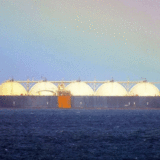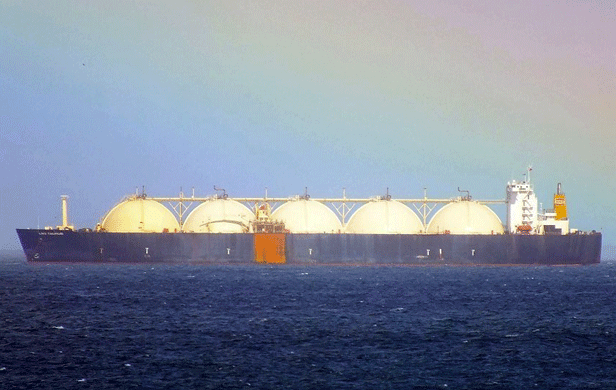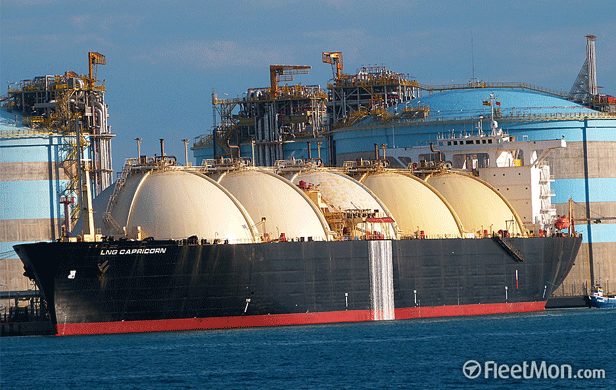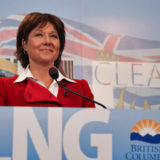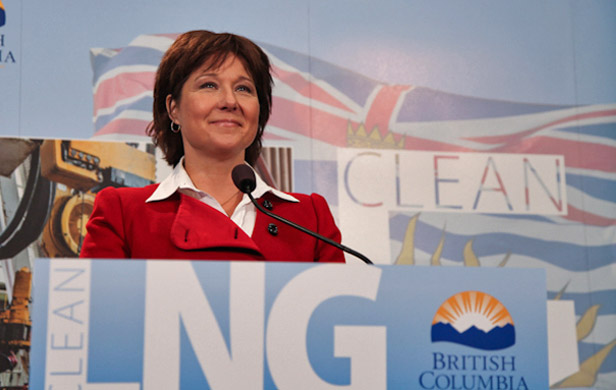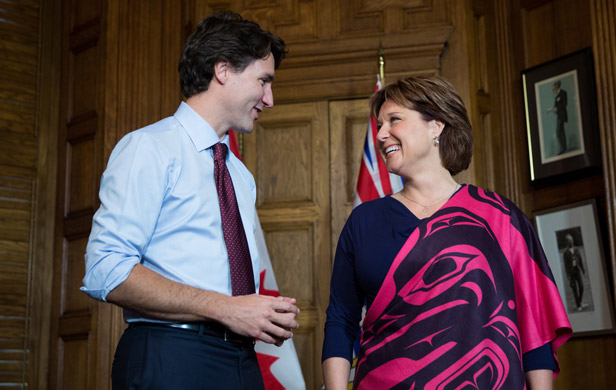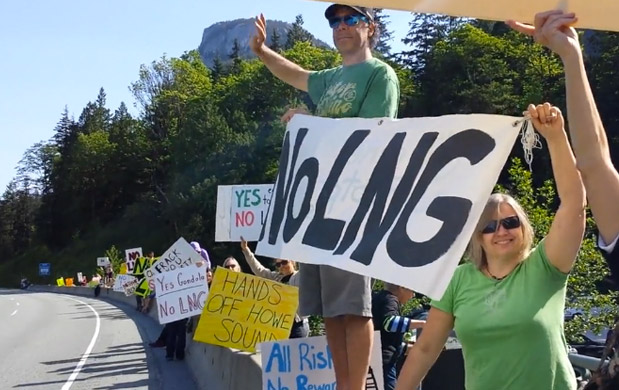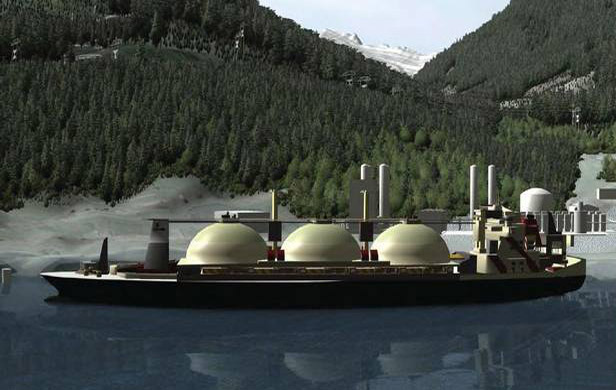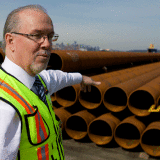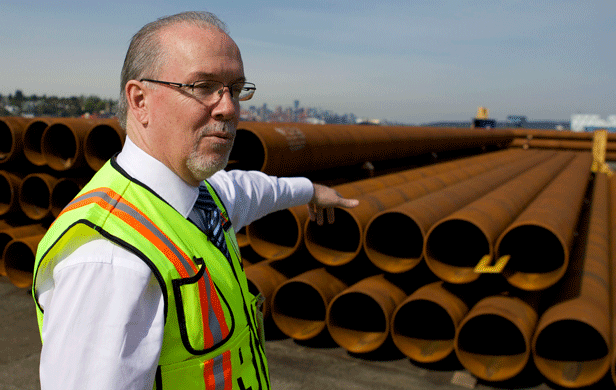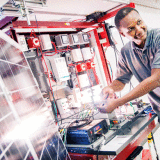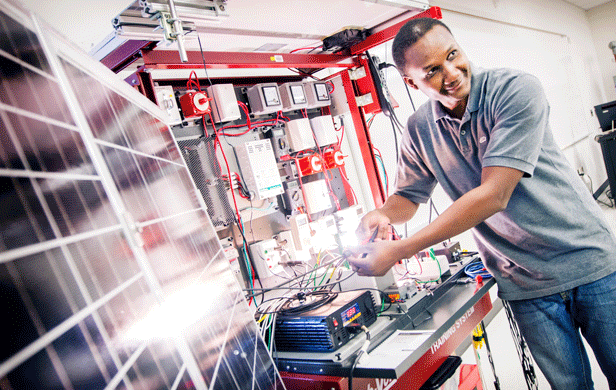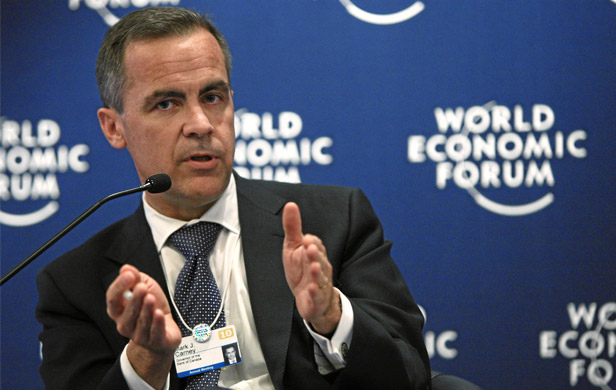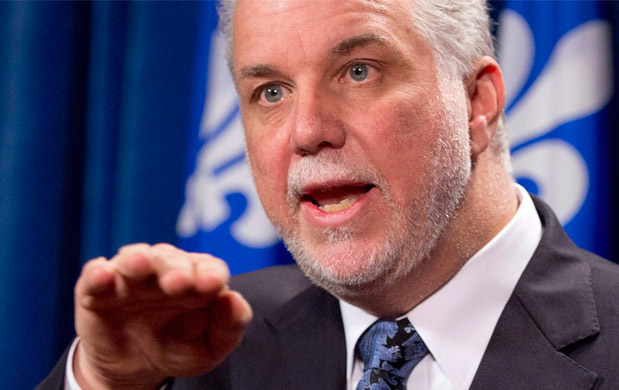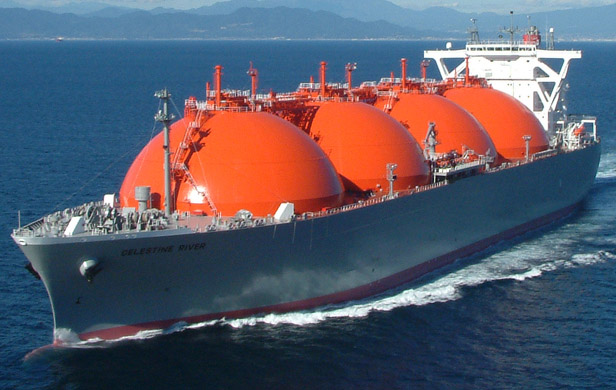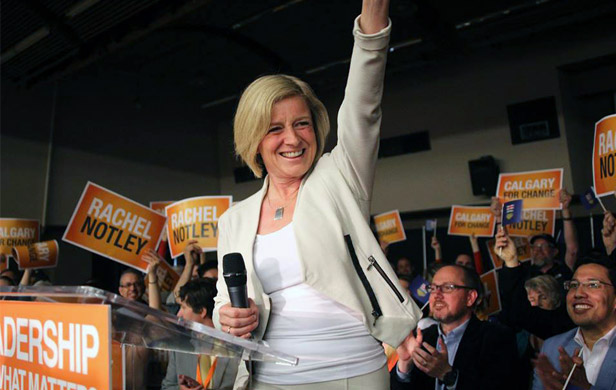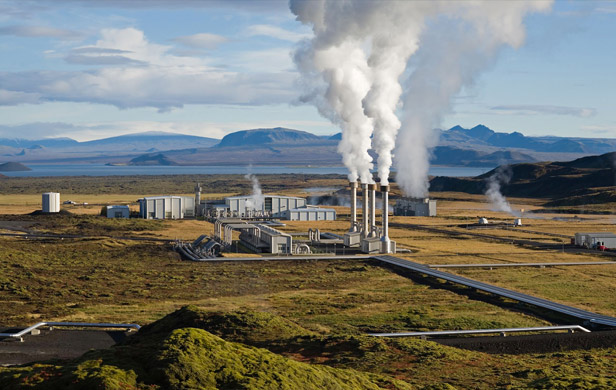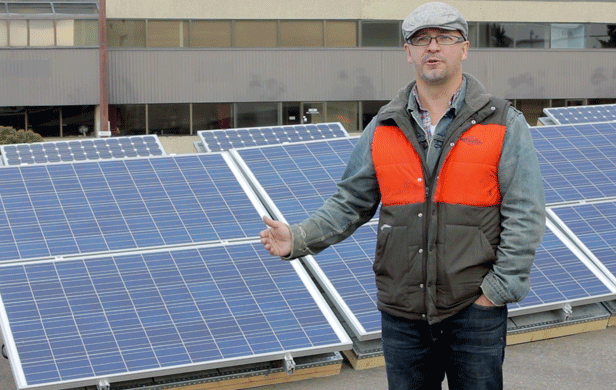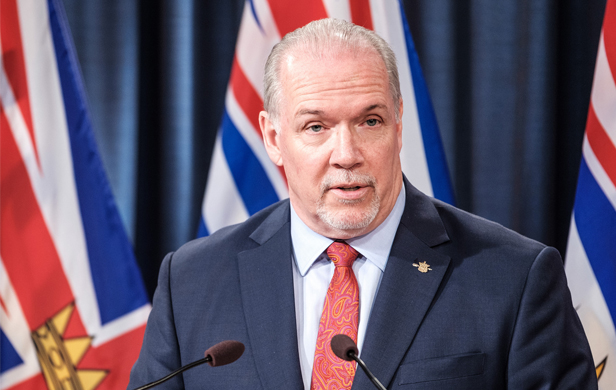
In his desperate bid to keep Christy Clark’s LNG pipe dream alive, John Horgan has become completely untethered from reality.
Today, he announced further tax incentives for the industry – as if the sweetheart deal the Liberals gave them wasn’t bad enough for BC taxpayers already. Now, the industry won’t pay PST on construction costs for their plants and it will receive hugely-subsidized electricity from BC Hydro. Prior to the NDP taking over, the industry already secured big federal tax breaks and such a huge discount to the export tax that was supposed to fill our “Prosperity Fund” coffers as to render it meaningless. What was supposed to be a 7% tax got slashed to 1.5% and the industry could deduct its capital costs, so that it would pay no export tax until those were recouped (a.k.a. never). Apparently that wasn’t enough. The NDP is also repealing the LNG income tax.
This all makes for some real head scratching when one reads the technical briefing on the NDP government’s new LNG framework, compiled by Deputy Minister Don Wright. For instance, it boasts that Kitimat LNG – a consortium led by Chevron – would bring a windfall of public monies:
“The Ministries of Finance and Energy have estimated that the project will generate $22 billion in direct government revenue over the next 40 years…Significantly more if ‘multiplier’ effects are taken into account.”
Really? Even if that whopper of a figure encompasses upstream royalties, surely these ministries are aware that royalties have plummeted in recent years – from an annual high of $2 Billion in 2005/06 to a record low of $139 million in 2015/16, according to this useful report by Marc Lee at the BC Centre for Policy Alternatives (which Mr. Wright apparently hasn’t read).
It gets worse. “In addition to royalties paid on gas production, companies bid at auction for the rights to explore and drill on public land, known as leases of Crown land tenure,” Lee explains. “These revenues hit a record $2.4 billion in 2008/2009 and have now almost completely dried up: $16 million in 2015/2016 and a projected $15 million in 2016/2017. ”
Granted, these numbers have increased under the NDP, as Norm Farrell has documented – but with virtually no other tax revenues from the industry and a massive loss to Hydro ratepayers on steeply discounted electricity, it’s impossible to conceive of the $22 Billion-plus in government revenues Mr. Wright is promising.
On those Hydro rates, the NDP wants to extend to the LNG industry the old sweetheart deal we’ve given sawmills, pulp mills and mines, which used to be around half of what you and I pay for power but would now amount to less than a third of the cost of Site C’s new electricity. So you will get the privilege of paying $15 Billion-plus for a dam you didn’t need – which wipes away First Nations’ rights and vital farmland – all to give the power away for pennies on the dollar to the likes of Chevron, Shell and PetroChina! Doesn’t that make you feel so much better about the NDP’s decision to forge ahead with Site C?
Compounding the confusion generated by Mr. Wright’s report are the sections on climate action and reconciliation with First Nations (it claims Kitimat LNG “has received the support of most – but not all – area First Nations”). By cooling its gas into liquid using power from Site C – which has definitely not received the support of most area First Nations – Kitimat LNG would reduce its plant emissions nominally, making it “the least GHG-intensive large LNG facility in the world”, says Wright’s briefing, which is like being the skinniest obese person at KFC.
This does nothing to address the massive upstream GHG’s that come from fracking and processing this gas, which the David Suzuki Foundation’s John Werring has documented in horrifying detail. His peer-reviewed research, published in the journal Atmospheric Chemistry and Physics Discussions in 2017, revealed the staggering degree to which BC is underestimating the climate impacts of fracking.
This lines up with the leading research on the US industry, coming out places like Cornell University, which suggests that up to 8% of gas that is fracked leaks into the atmosphere by way of “fugitive methane emissions” – some 86 times worse for the climate than CO2 over a 20-year time scale. This explains why Dr. Robert Howarth from Cornell laughed when I put to him Premier Clark’s labelling of BC LNG – almost all of which would come from fracked shale gas – as the “cleanest fossil fuel on the planet”. “Your premier has her facts wrong,” he told me.
“Methane is such a powerful greenhouse gas that when you look at the cumulative impact of these greenhouse gas emissions, natural gas – and particularly shale gas – is the worst of the fossil fuels.”
The NDP government, in Wright’s presentation, acknowledges “leakage” associated with the gas industry. Only it’s a completely different type. “Government is committed to implementing a comprehensive Climate Action Plan that will meet B.C.’s carbon goals without disadvantaging our large industries,” it notes, adding, “Losing market share to companies who pay little or no carbon tax – known as carbon leakage – harms B.C.’s economy while causing higher global carbon emissions.”
So the “carbon leakage” they’re concerned about is the lack of competitive advantage inherent in our carbon tax being applied to the LNG industry. And they provide no answers to this problem other than vague statements about somehow making BC’s LNG “the cleanest in the world”. Clearly, highly-subsidized electricity is one piece of the puzzle, then there’s “Implementing strategies that enable industries to be the least GHG-intensive per unit of output in the world”. Thank you for clearing that up. Let’s get right on with implementing those unnamed strategies – that ought to magically take care of it.
It’s no wonder environmental groups are panning Horgan’s have-your-cake-and-it-too LNG framework. Says Jens Wieting of Sierra Club BC, “Pretending that LNG is part of a climate friendly future is as ludicrous as Prime Minister Trudeau saying we need tar sands pipelines to fight climate change.” Touché.
Even with all theses goodies the NDP is dangling, it’s doubtful Shell and PetroChina will take the bait and reach a Final Investment Decision. The Asian LNG market has picked up in recent months, but that’s likely temporary, with three large Australian plants coming online in 2018, Qatar lifting a moratorium on its massive North gas field, and a number of other key developments among the world’s major LNG players, including the US, which has entered the fray.
Most analysts forecast a global glut in LNG, but there is a little room for new projects to help meet peak winter demand. Canada, however, isn’t cost-competitive enough, and even these gifts from the NDP won’t substantially change that.
Getting fracked shale gas from northeast BC to market is an expensive proposition – on the order of $9-11/MMBtu. Asian prices have come up to that range recently, but over the past several years, they’ve typically been half that, meaning companies exporting it would do so at a substantial loss. Increased supply coming online will put further pressure on prices and send them back down from whence they came, leaving only the most competitive jurisdictions in the game. According to energy analysts Sanford C. Bernstein & Co., “Projects in Qatar, Papua New Guinea, Russia and the U.S. are most economically appealing, followed by Mozambique, Australian expansion projects and an Alaskan mega-project.” Notice which country is not on that list.
So even with all these contortions – the untenable doublespeak on climate action and LNG, the irreconcilable implications for First Nations, and giving away the farm to industry – the Horgan NDP will likely get no further with this pipe dream than its predecessors did.
What they might just succeed in doing is provoking the BC Greens to bring down their government, which leader Andrew Weaver has threatened to do over LNG.
Thus, LNG remains what it has always been: an albatross around the neck of whatever BC leader is foolish enough to take it on.
 LNG (Liquified Natural Gas) is one of biggest energy stories to hit Western Canada. It is promoted as a clean bridge fuel that will create thousands of jobs and turn British Columbia into a trillion-dollar global energy leader. The idea is to cool natural gas into liquid, so it can be shipped to higher-price markets in Asia. But is it really all it’s cracked up to be? And what are the trade-offs and impacts associated with LNG and the fracked gas that would feed it?
LNG (Liquified Natural Gas) is one of biggest energy stories to hit Western Canada. It is promoted as a clean bridge fuel that will create thousands of jobs and turn British Columbia into a trillion-dollar global energy leader. The idea is to cool natural gas into liquid, so it can be shipped to higher-price markets in Asia. But is it really all it’s cracked up to be? And what are the trade-offs and impacts associated with LNG and the fracked gas that would feed it?
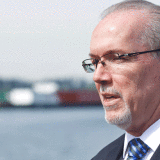
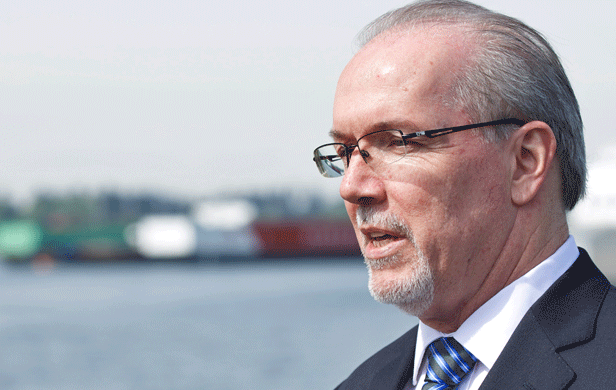
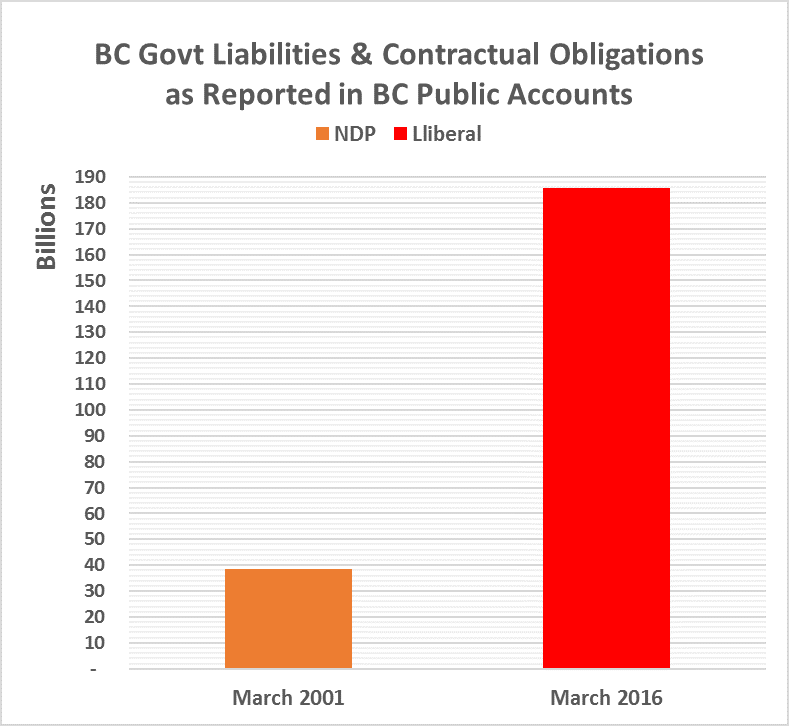
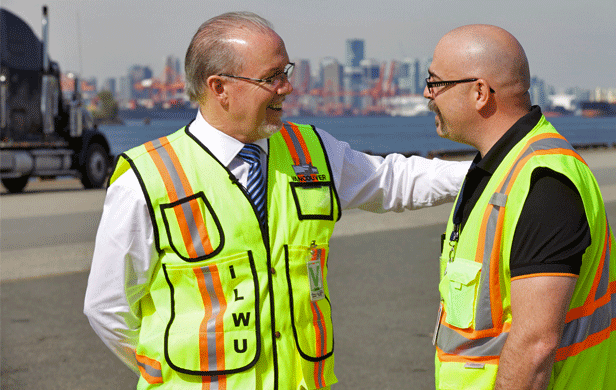

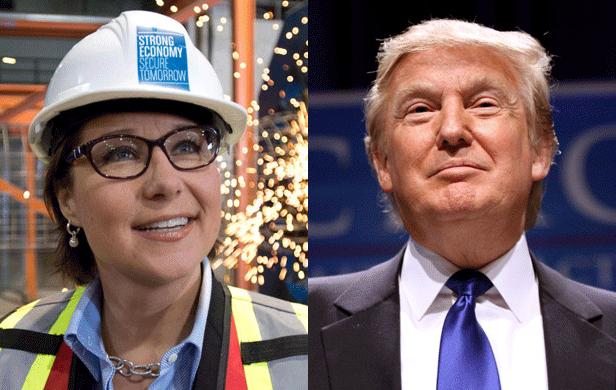
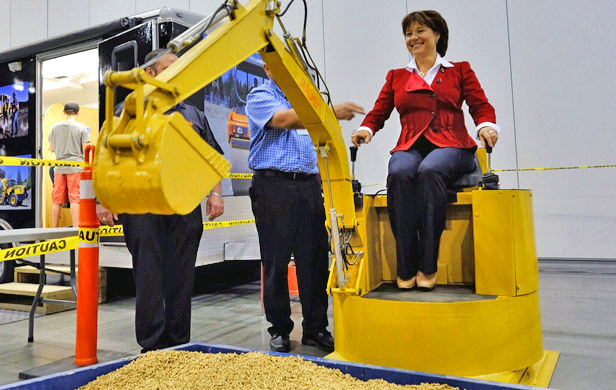
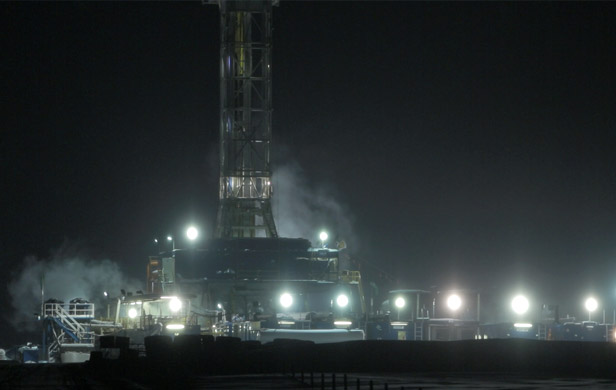
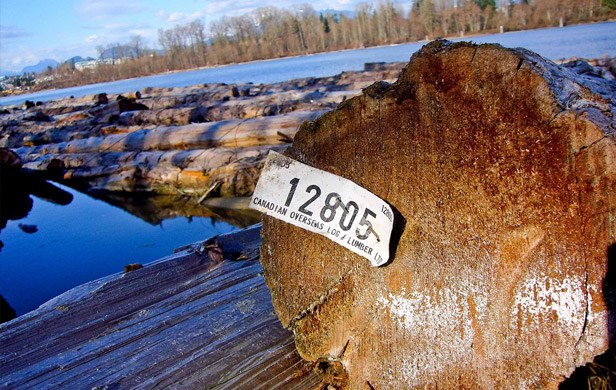

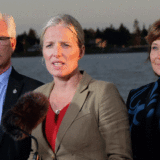
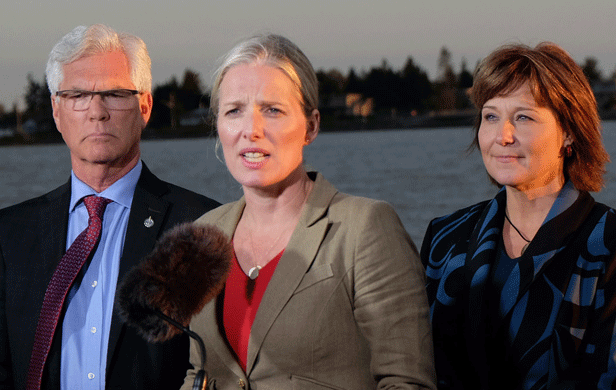
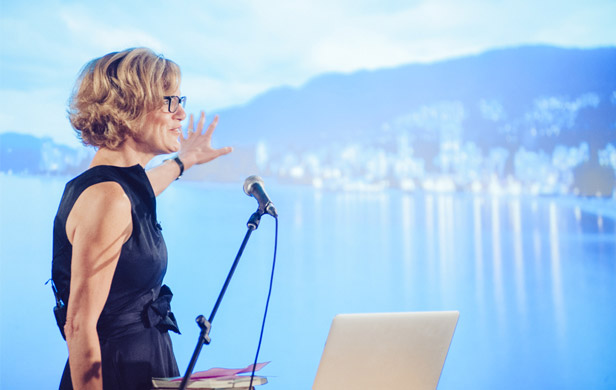
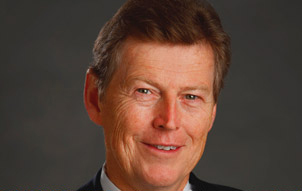

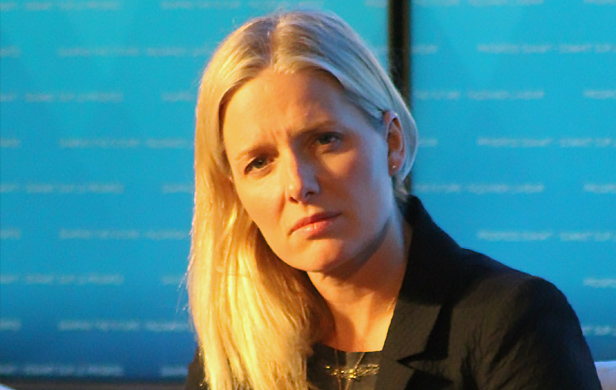
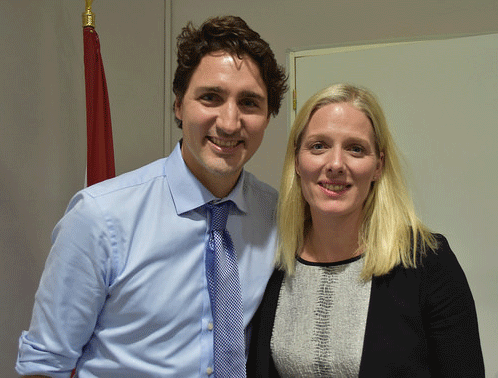
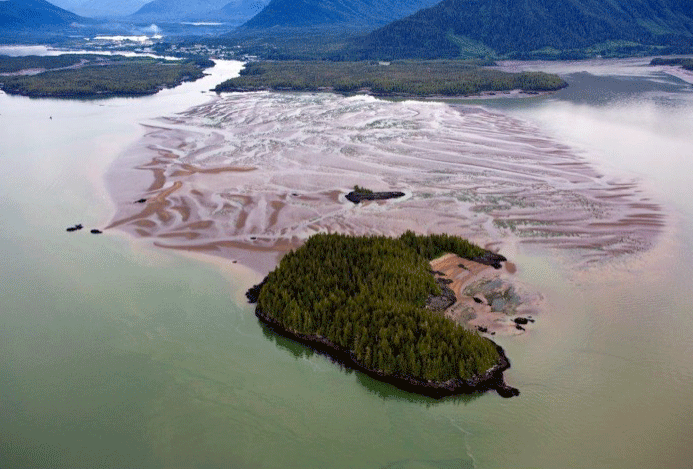
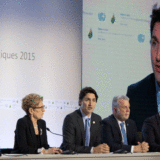
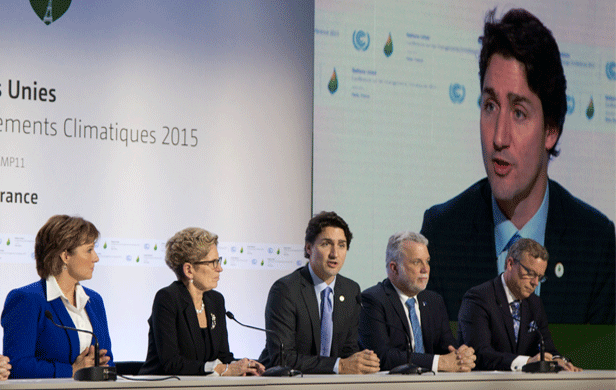
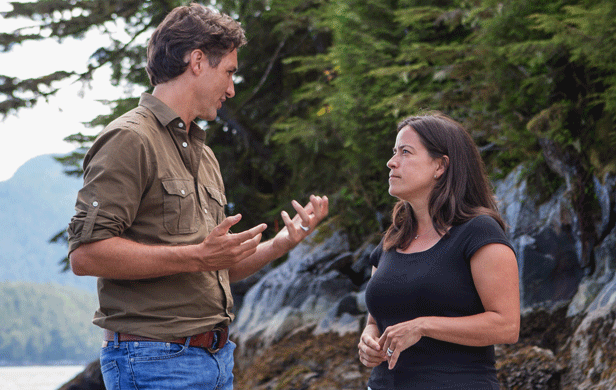
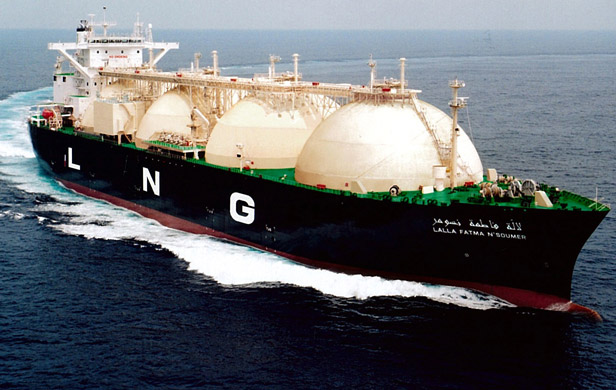 But that’s not all – there was no proper assessment of the impact of noxious discharges of the plant itself into the atmosphere or the impact of poisonous discharges into Howe Sound and their impact on recently restored salmon and herring runs.
But that’s not all – there was no proper assessment of the impact of noxious discharges of the plant itself into the atmosphere or the impact of poisonous discharges into Howe Sound and their impact on recently restored salmon and herring runs.